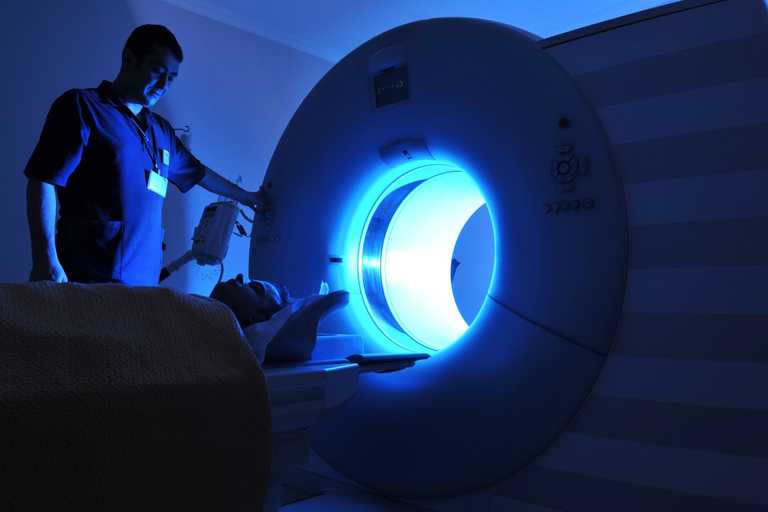Private GP Service Now Available At Harley Street
In partnership with the General Practice Group, we have extended our Private GP service to our centre in Harley Street, London.
Learn more

Peri-menopause is caused by a complex set of hormonal changes that can impact various aspects of a woman’s well-being. While not everyone experiences symptoms, it is a roller-coaster ride of physical, psychological, and cognitive shifts for many.
Oestrogen and progesterone, the two principal female hormones, play a significant role in regulating the menstrual cycle, bone health, mood, and metabolism. As the ovarian reserve of eggs depletes, the production of these hormones dwindles and can become quite erratic.
Progesterone, often dubbed the “calming hormone,” plays a crucial role in promoting sleep and alleviating anxiety. Its noticeable decline during peri-menopause can disrupt sleep patterns, leading to insomnia and fatigue.
Oestrogen influences many diverse bodily functions. Its fluctuating levels can lead to a variety of symptoms, including:
Oestrogen is crucial for a woman’s reproductive health, bone health, heart health, brain function, skin health, sexual function, and metabolism. Fluctuations or deficiencies in oestrogen levels can lead to a variety of health issues, which is why maintaining a balance of this hormone is essential for overall well-being.
While menopause marks the definitive cessation of menstruation, typically occurring around the age of 51, its prelude, peri-menopause, paints a less predictable picture. This transitional phase is characterised by fluctuating hormone levels, often beginning in the mid-40s, with an average age of 47.
For most women, peri-menopausal symptoms start to occur in their 40s, gradually increasing in intensity until they hit menopause in the early 50s. Some may encounter the initial stage much earlier, as early as their late 30s, while others experience a later entrance, with peri-menopause starting as late as their early 50s.
Medical factors, such as certain medications, cancer treatments, or surgical removal of the ovaries, can also trigger peri-menopause and its associated symptoms.
Peri-menopause is the transitional phase leading to menopause and can trigger fluctuations in your menstrual cycle, often causing confusion and concern. Here is a breakdown of what you might encounter at this time.
Between-period spotting or unexpected bleeding after sex are also common occurrences during peri-menopause.
While generally harmless, these changes can be disruptive and warrant a trip to your doctor.
Prolonged heavy bleeding, or menorrhagia, can lead to iron deficiency anaemia, impacting your energy levels and overall well-being.
If bleeding significantly disrupts your daily life or becomes excessively heavy, seek medical attention promptly.
Your doctor can offer various treatment options to manage heavy bleeding and other menstrual irregularities. These may include:
Peri-menopausal periods may seem unpredictable, but they are generally a regular part of this transition. However, any concerning changes, such as prolonged heavy bleeding, unexpected bleeding, or significant disruption to your daily life, warrant a consultation with your GP.
Open communication and timely intervention can ensure your comfort and well-being throughout this phase.
Other than changes to your period frequency and intensity, as mentioned above, other peri-menopausal symptoms can be caused by fluctuating hormone levels. These include:
Insomnia: Difficulty falling asleep due to hot flashes, anxiety, or hormonal changes can significantly impact sleep quality and overall well-being.
Weight Gain: Redistribution of fat due to hormonal changes, particularly around the abdominal area, is a common experience for many women in peri-menopause.
Increased Frequency: The hormonal fluctuations characteristic of peri-menopause can exacerbate pre-existing headache and migraine tendencies.
Brain Fog: Difficulty concentrating, remembering things, and experiencing mental clarity can be attributed to the shifting hormonal environment.
Joint Pain and Stiffness: Reduced oestrogen levels can affect joint health, leading to aches, stiffness, and decreased mobility.
Vaginal Dryness: Decreased oestrogen levels can lead to vaginal dryness and discomfort during sexual intercourse.
Reduced Collagen Production: Oestrogen levels can affect collagen production, leading to changes in skin texture and hair health.
While these are some potential symptoms, not everyone will experience all of them, and the severity can vary greatly. Early recognition and open communication with your doctor or healthcare provider is essential for managing symptoms effectively and optimising your well-being throughout this transitional phase towards menopause.
Regardless of the timing, recognising the subtle cues of peri-menopause empowers women to manage their symptoms and navigate this transitional phase with better understanding.
Understanding the broad spectrum of onset signs and symptoms allows for open communication with healthcare professionals, ensuring prompt diagnosis and appropriate interventions when necessary.
While the precise timing of peri-menopause may appear unpredictable, knowledge is the key to unlocking its secrets. By embracing these changes, women can turn it into a journey of proactive care and empowered well-being.
The intensity and duration of menopause symptoms vary significantly among individuals. Some women experience mild and transient changes, while others face more pronounced and prolonged symptoms of discomfort.
Understanding the hormonal symptoms of menopause empowers women to manage them effectively. For example, having a Peri-menopause and Menopause Health Check from Prime Health can provide personalised guidance on symptom management strategies, including lifestyle modifications and other therapeutic options.
Remember, you are not alone in this, and with the proper knowledge and support, you can easily navigate this chapter of your life. While the hormonal shifts experienced during peri-menopause can be challenging, it is essential to focus on taking a proactive approach to this life stage.
In partnership with the General Practice Group, we have extended our Private GP service to our centre in Harley Street, London.
Learn moreIn partnership with the General Practice Group, we have extended our Private GP service to our centre in Brighton.
Learn moreIf an injury is preventing you from fully enjoying life, you can now self refer and book an MRI scan at each of our centres, immediately. Same day appointments available.
Learn moreIf an injury is preventing you from fully enjoying life, you can now self refer and book an MRI scan at Prime Health Harley Street, immediately. Same day appointments available.
Learn more
